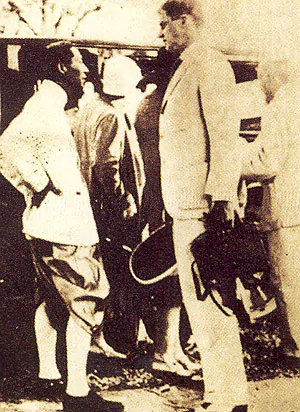
During his stay in Thailand after receiving his C.P.H. in 1921, Prince Mahidol was appointed Director-General of the University Department, Ministry of Education. In that capacity, he upgraded the teaching of biology, physics, and chemistry through curricula development, acquisition of up-to-date equipment, and construction of laboratories and classrooms. Prince Mahidol generously supplemented government budget with his own personal fund, as well as secured donations from members of the Royal Family. But it was in his capacity as Chairman of the Committee to establish the Siriraj School of Medicine that Prince Mahidol demonstrated his capability and farsightedness as an educational planner, as well as his efficiency as an institutional builder.
After he returned home with his well-earned M.D. in 1928, Prince Mahidol taught preventive and social medicine to final year medical students at Siriraj Medical School and then worked as a resident doctor at McCormick Hospital in Chiang Mai and performed operations alongside Dr. E.C. Cord, Director of the hospital. As ever, Prince Mahidol did much more than was required in attending his patients, taking care of needy patients at all hours of the day and night, and even, according to records, donating his own blood for them.
Prince Mahidol’s initiatives and efforts produced a most remarkable and lasting impact on the advancement of modern medicine and public health in Thailand such that he was subsequently honoured with the title of “Father of Modern Medicine and Public Health of Thailand”

